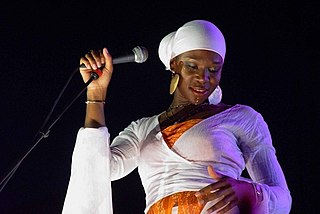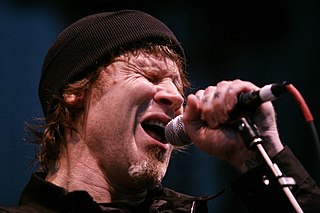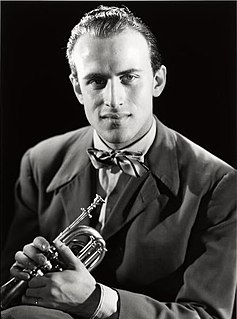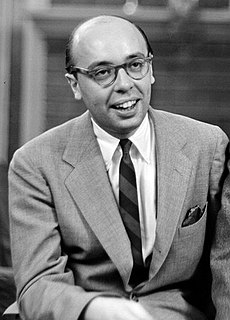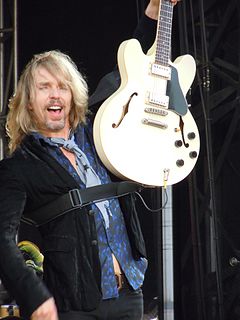A Quote by Robert Plant
When I was a kid, I was following black soul music.
Related Quotes
The Soul is a fact, but it is not physical. ... Survivors of near-death experiences attest that some part of them apparently detaches from their physical bodies following the death of the body, but while that is proof of the soul for them, it does not prove it to us. The Soul is like divine music that only God can hear; it is the force of endless resurrection; the soul is like a fire that never goes out.
All the forms of popular music from jazz to hip-hop, to bebop, to soul [come from black innovation]. You talk about different dances from the catwalk, to the jitterbug, to the Charleston, to break dancing -\-\ all these are forms of black dancing...What would [life] be without a song, without a dance, and joy and laughter, and music.


